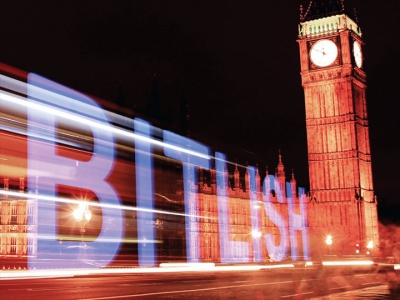Russian State Duma parliamentarians proposed imprisonment for up to seven years for cryptocurrency turnover. At the same time, they call for legalization of blockchain projects tokens considered as unregistered securities in many countries.
The Russian State Duma developed two bills on the regulation of cryptocurrencies and other digital assets, which impose fines of up to 2 million rubles ($25,000) and imprisonment of up to 7 years for operations with cryptocurrencies. Both bills were sent to the Ministry of Economic Development. The head of the Duma committee on the financial market Anatoly Aksakov confirmed the fact of sending bills, but stressed that this is not their final version.
The bills foresee amendments to the Code of Administrative Offenses and the Criminal Code and regulate the circulation of digital financial assets, digital currency and digital rights.
According to the bills, digital financial assets are digital equivalents of securities. Digital currencies are "a set of electronic data used in information systems and offered as a means of payment."
The bill introduces fines ranged from 50,000 to 2,000,000 ($800-$25,000) for organizing illegal circulation of digital financial assets (DFA) and digital currencies, making transactions with DFA, digital currencies or digital rights, or for providing services for the issuance of digital rights and digital currencies using sites registered in Russia or technical means located on its territory.
According to the bills, citizens will face a fine of 500,000 to 1,000,000 rubles ($8000-$13000) and/or imprisonment for up to four years for the purchase of digital currency in Russia for cash or through a bank account opened with a Russian bank.
It is proposed to punish up to five years of forced labor or imprisonment for up to seven years with a fine of up to 1,000,000 rubles ($13,000) in the case of above-mentioned crimes if they led to an extra-large damage or extra-large income.
Five years ago, the Russian Ministry of Finance supported the introduction of criminal liability for cryptocurrency circulation, but then the position of the ministry did not receive support in the Russian government.











